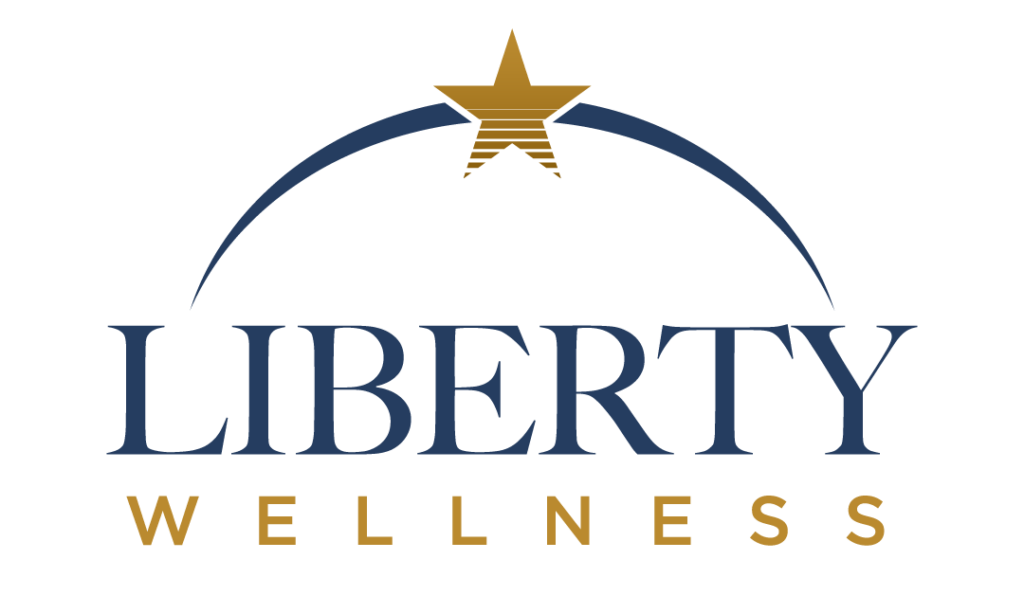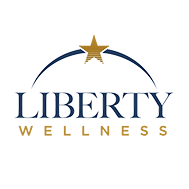A Compassionate Guide to Vicodin Addiction: Recognizing the Signs and Seeking Help
Addiction can sneak up on you, especially when it is an addiction to a prescription medication that is supposed to be helping you with your physical or mental health. The warning signs never seem to apply, and the changes make it difficult to cope without the medication.
Addiction to prescription medications is a challenging battle. It requires support from both medical and mental health professionals. At Liberty Wellness, our collaborative and dedicated team is trained to deal with addiction to prescription medications and support our clients in a holistic treatment program that encourages total body wellness.
Liberty Wellness is a drug and alcohol rehab center in New Jersey. To learn more about how you can battle Vicodin addiction at Liberty Wellness, reach out to an admissions coordinator today.
What is Vicodin?
Vicodin is a prescription medication that combines hydrocodone, a powerful opioid pain reliever, and acetaminophen, a common over-the-counter pain reliever. It is commonly prescribed to manage moderate to severe pain, but it also carries a high risk of addiction. Vicodin affects the brain’s reward system, producing feelings of euphoria and relaxation. This pleasurable sensation can lead to dependence and addiction if the drug is misused or taken for an extended period.
Understanding Vicodin Addiction
Vicodin addiction is a complex condition that affects both the body and the mind. When someone becomes addicted to Vicodin, their brain chemistry changes, making it difficult to stop using it. Over time, the body develops a tolerance to Vicodin, requiring higher doses to achieve the desired effect. This cycle of increasing dosage can quickly spiral out of control and lead to dependency.
Addiction to Vicodin can have severe consequences for an individual’s physical and mental health, as well as their personal and professional relationships. It is crucial to recognize the signs and symptoms of Vicodin addiction to help those in need.
Signs and Symptoms of Vicodin Addiction
Recognizing the signs and symptoms of Vicodin addiction is essential for early intervention and treatment. Some common indicators of Vicodin addiction include:
- Increased tolerance: Higher doses of Vicodin are needed to achieve the same effect.
- Withdrawal symptoms: Unpleasant physical and psychological symptoms that occur when attempting to stop using Vicodin.
- Doctor shopping: Visiting multiple doctors to obtain multiple prescriptions.
- Neglecting responsibilities: Failing to fulfill obligations at work, school, or home due to Vicodin use.
- Changes in behavior: Mood swings, irritability, and secrecy related to Vicodin use.
- Social isolation: Withdrawing from family and friends to prioritize Vicodin use.
- Financial difficulties: Spending a lot of money on Vicodin can lead to financial strain.
- Physical symptoms: Drowsiness, slowed breathing, constipation, and pinpoint pupils.
If you or someone you know is experiencing these symptoms, it is crucial to seek help as soon as possible.
Long-Term Effects of Vicodin Addiction
Vicodin addiction can severely affect an individual’s physical and mental health. Prolonged use of Vicodin can lead to liver damage due to the acetaminophen component of the drug. In addition, individuals addicted to Vicodin are at a higher risk of respiratory depression, overdose, and death.
Mental health issues are also prevalent among those struggling with Vicodin addiction. Depression, anxiety, and other mood disorders often co-occur with substance abuse. The constant cycle of obtaining and using Vicodin can also cause significant stress and strain on personal relationships, leading to isolation and further emotional distress.
Different Types of Rehab for Vicodin Addiction
Rehabilitation programs for Vicodin addiction offer a structured and supportive environment for individuals to overcome their addiction. There are various types of rehab programs available, including:
- Inpatient rehab: Provides 24/7 care and support in a residential setting. It allows individuals to focus solely on their recovery without external distractions.
- Outpatient rehab: Allows individuals to receive treatment while living at home and maintaining their daily responsibilities. Outpatient programs offer flexibility but require high levels of commitment and self-discipline.
- Intensive outpatient programs (IOP): Offer a higher level of care than traditional outpatient rehab. IOPs involve more frequent therapy sessions and support groups while still allowing individuals to live at home.
Treatment Options for Vicodin Addiction
Treatment for Vicodin addiction typically involves a combination of medication, therapy, and support groups. Medications such as buprenorphine or methadone can help manage withdrawal symptoms and cravings. Behavioral therapies, including cognitive-behavioral therapy (CBT) and contingency management, can address the underlying causes of addiction and teach individuals healthy coping mechanisms.
Support groups like Narcotics Anonymous can also play a crucial role in long-term recovery. These groups provide a sense of community and understanding among individuals who have experienced similar struggles.
Support Systems for Vicodin Addiction Recovery
Recovering from Vicodin addiction requires ongoing support and commitment. Establishing a solid support system that includes friends, family, and addiction support groups is essential. Open communication, understanding, and encouragement can significantly contribute to a successful recovery journey.
Recover from Vicodin Addiction with Liberty Wellness
Recognizing the signs and symptoms of Vicodin addiction is essential for early intervention and treatment. If you or someone you know is struggling with Vicodin addiction, seeking help with Liberty Wellness is critical for comprehensive care. Our facility has various treatment options, including rehab programs and support groups.
Remember, recovery is possible with the proper support and commitment. Don’t hesitate to reach out and take the first step towards a healthier, addiction-free life. Visit Liberty Wellness for comprehensive addiction treatment programs in NJ.





